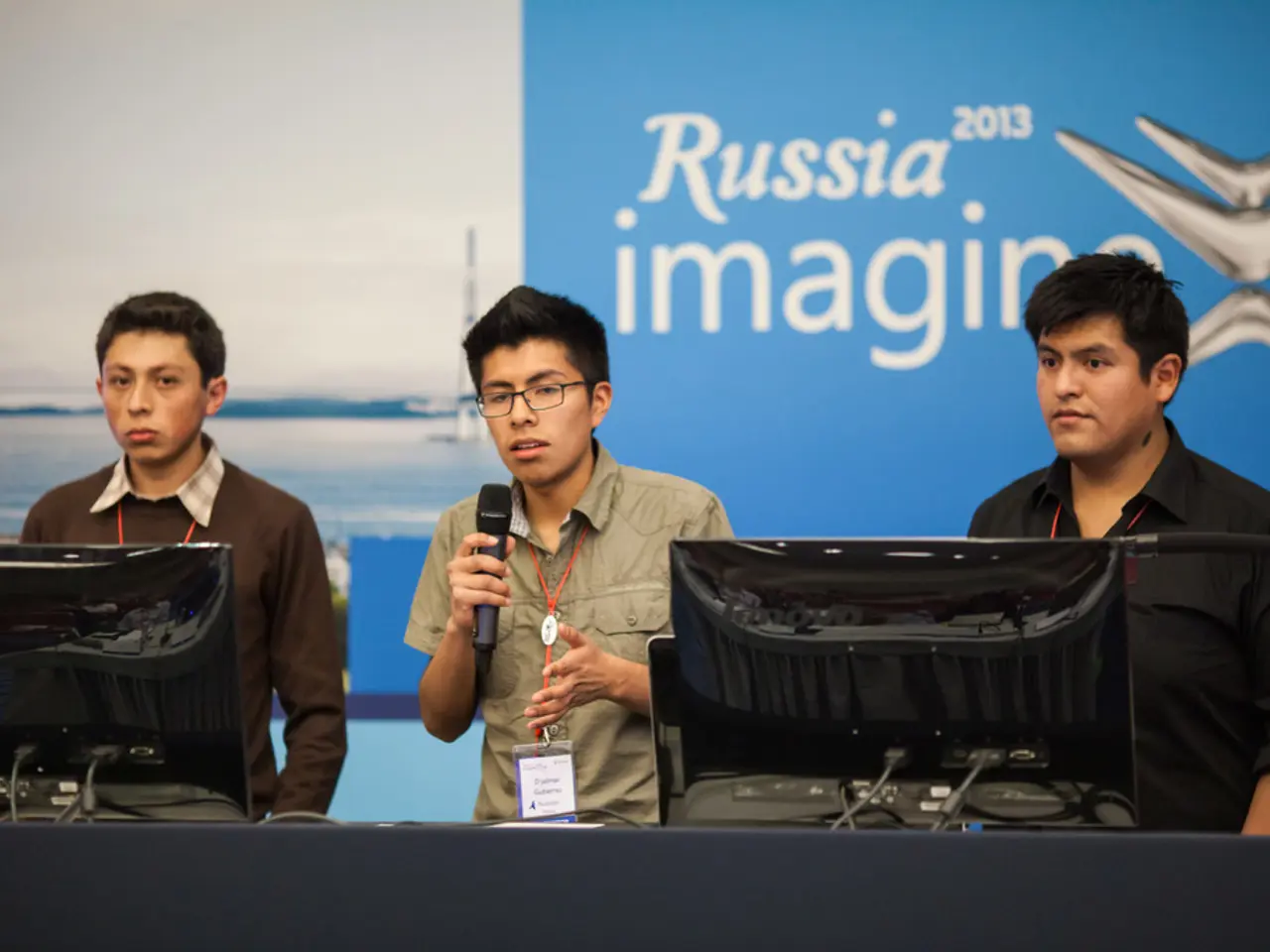Rise in Generative AI Utilization by 900% According to Palo Alto Networks
In a recent report titled "State of Generative AI 2025", Palo Alto Networks has shed light on several key cybersecurity challenges associated with the adoption and use of generative AI (GenAI) across various industries, including the film and television entertainment sector.
Key Cybersecurity Challenges
- Rapid Adoption and Expanded Attack Surface: The rapid adoption of GenAI tools in enterprise environments has led to a significant expansion of the attack surface for organizations. This is particularly relevant to the entertainment industry, where the integration of AI in content creation and distribution could introduce new vulnerabilities.
- Unsanctioned Usage and Lack of Governance: The report notes that unsanctioned usage and a lack of governance are major concerns. More than 10% of GenAI applications used by organizations are classified as high-risk. In the entertainment sector, this could manifest as unauthorized use of AI tools for content manipulation or distribution, potentially leading to intellectual property theft or misuse.
- Emerging Threats: The growth of GenAI is associated with emerging threats, including potential attacks using or targeting AI systems. While widespread use in cyberattacks is not yet common, the entertainment industry could face threats from AI-generated malicious content or attacks on AI systems used in content creation, distribution, or marketing.
- Security Controls and Monitoring: Many organizations struggle to implement appropriate security controls to match the pace of GenAI adoption. The sector must ensure robust security measures are in place to protect sensitive content and systems from potential AI-based threats.
Recommendations for Secure Adoption
To mitigate these challenges, Palo Alto Networks suggests organizations implement comprehensive security platforms like Prisma AIRS to protect their AI ecosystems. This includes securing AI models, data, applications, and agents within a unified platform. In the entertainment industry, similar measures could help safeguard AI-driven content creation and distribution processes.
Despite the report not specifically addressing the entertainment industry, the outlined cybersecurity challenges and recommendations can be applied across various sectors that adopt GenAI, including film and television. Palo Alto Networks focuses on third-party GenAI applications accessed within these systems. The report also emphasizes the necessity of balancing innovation with robust security frameworks, as businesses integrate AI into their operations.
The "State of Generative AI 2025" report reveals an 890% increase in GenAI traffic throughout 2024, with organizations utilizing an average of 66 GenAI applications. This rapid proliferation of GenAI applications is largely due to the absence of well-defined AI usage policies. As the entertainment industry increasingly relies on AI for automation and productivity, it is crucial for organizations to be aware of these cybersecurity challenges and take necessary measures to protect their intellectual property and sensitive data.
- The report highlights the need for businesses, including those in the entertainment industry, to address cybersecurity challenges in the rapidly growing field of artificial-intelligence (AI) and specifically generative AI (GenAI).
- To secure their AI systems, organizations, particularly those in the entertainment sector, might consider adopting comprehensive security platforms like Prisma AIRS to shield their AI ecosystems from potential attacks and ensure the protection of sensitive content and systems.
- As more industries, including finance and technology, look to AI and GenAI for innovation, the need for a balance between technology adoption and implementing robust security frameworks becomes increasingly important to prevent cyber threats and protect valuable assets.




